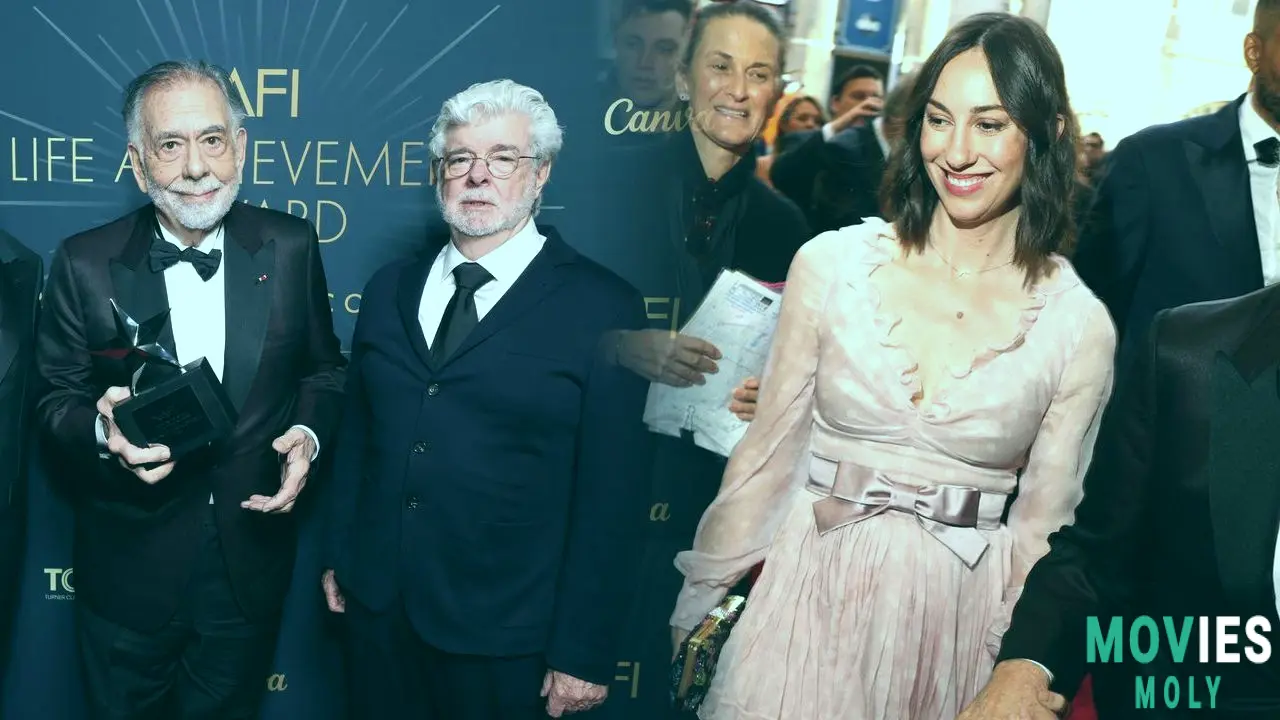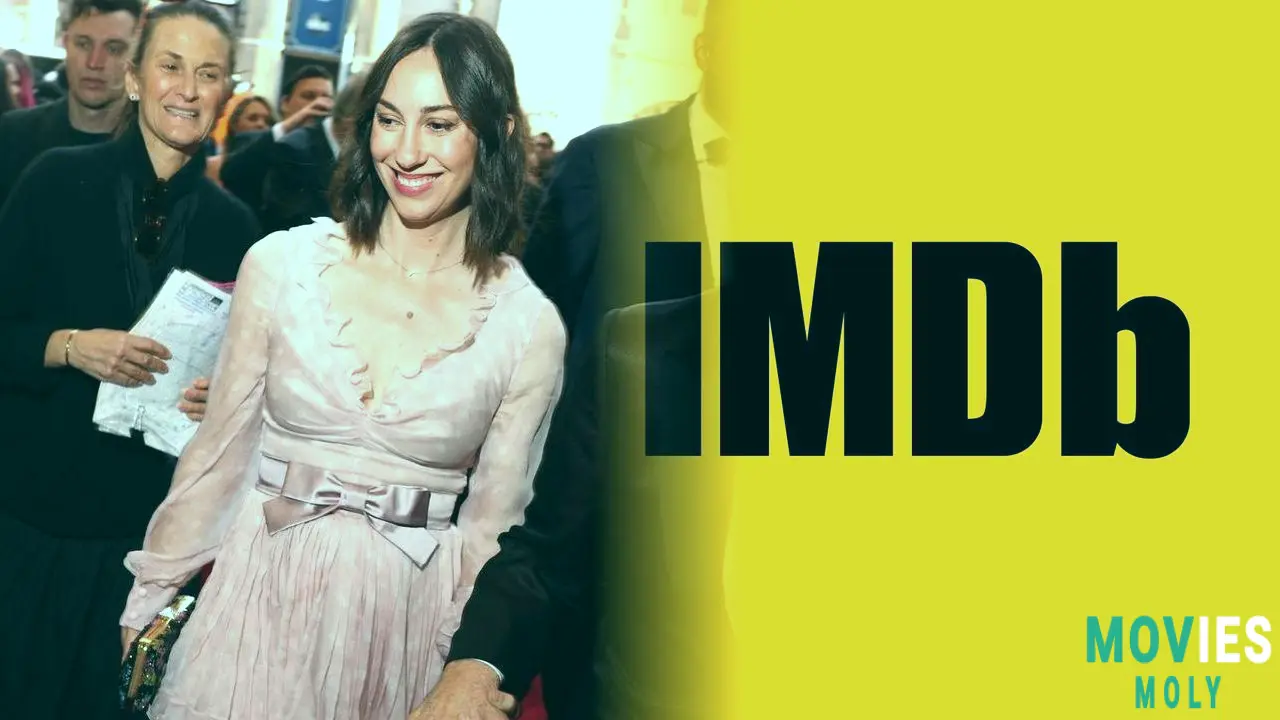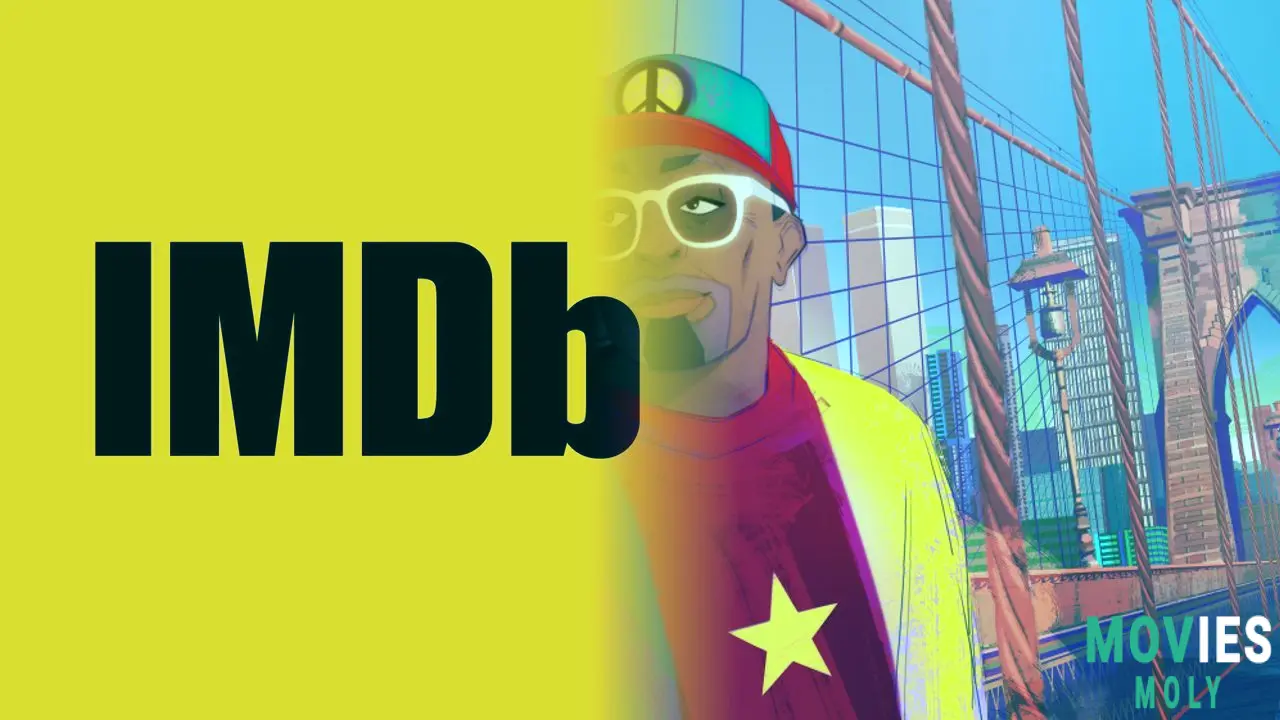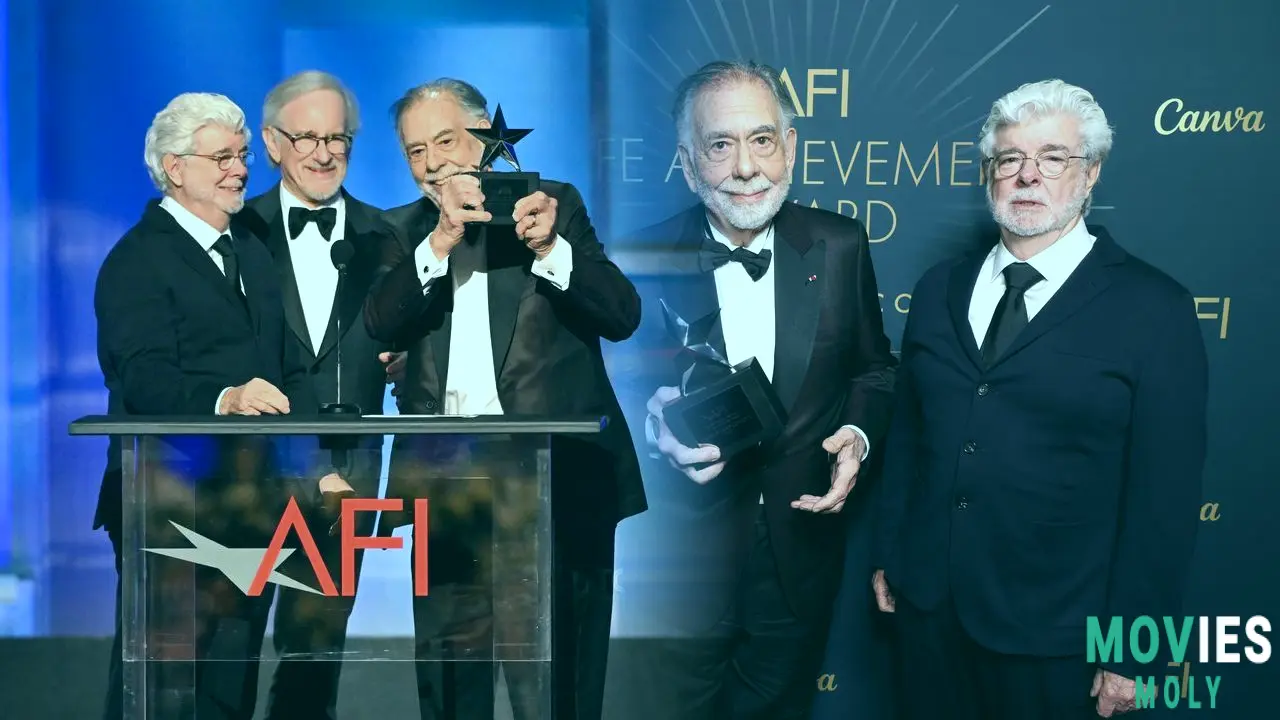In a world where blockbuster franchises and streaming algorithms often dictate creative choices, Spike Lee remains an uncompromising force of cinematic truth. The recent tributes and projects honoring the legendary director serve not just as celebrations of his career, but as powerful reminders of a storyteller who has continually pushed the boundaries of American film — much like Francis Ford Coppola did in his prime. And now, with the partially animated documentary Spike Lee: The Last King Of Brooklyn, the maestro of Brooklyn gets a portrait as bold and innovative as his own work.
Spike Lee’s Career Is a Testament to Conviction and InnovationThe hybrid documentary, helmed by Dimitri Danvidé and co-produced by Canal+, blends archival footage, candid interviews, and striking animated sequences to chronicle Lee’s journey. It’s a stylistic choice that mirrors the director’s own penchant for mixing form and message — think Da 5 Bloods meets School Daze in graphic novel form. More than a biography, The Last King of Brooklyn is an homage to a filmmaker who has never abandoned his voice, even when that voice clashed with mainstream expectations.
Special Touch Studios’ involvement in the project underscores the growing recognition of animation as a tool for storytelling beyond fantasy and children's content. By using animation to reimagine key moments from Lee’s life, the film not only fills gaps where footage doesn’t exist but also elevates emotional truths in a way that feels authentically Lee-esque — vibrant, urgent, and unfiltered.
From Independent Rebel to Cultural Icon: Lee’s Place in Film History

Lee’s presence at the AFI Life Achievement Award ceremony for Coppola last weekend was more than ceremonial. It was generational. Sitting among legends like Steven Spielberg, George Lucas, and Al Pacino — who all paid Coppola soul-stirring tributes — Lee symbolized the bridge between the auteurs of the ‘70s and today’s cultural auteurs. Coppola’s legacy, cemented by films like The Godfather and Apocalypse Now, finds a modern echo in Lee’s work, which has similarly redefined the American cinematic canon through the lens of Black experience and social commentary.
Spielberg’s praise for Coppola as “fearless” resonates deeply when applied to Lee. Whether it’s through the provocative framing of racial tensions in Do the Right Thing, the historical reckoning of BlacKkKlansman, or the meditative exploration of Black identity in Malcolm X, Lee has never shied away from uncomfortable truths. He doesn’t just tell stories — he challenges viewers to see America as it is, not as they wish it to be.
“The Last King of Brooklyn” Captures the Spirit of a Filmmaker Who Refused to Compromise

The decision to title the documentary The Last King of Brooklyn is itself an assertion of Lee’s unique position in the industry. Like a comic book hero who refuses to join the league, Lee has stood apart — not out of ego, but out of principle. The film’s French production roots add a layer of international admiration that American studios have only recently begun to fully embrace. It’s a pattern familiar to Coppola, who once fought the system by creating American Zoetrope with Lucas and Spielberg. Lee, in his own way, has been fighting that system for decades.
What’s especially thrilling about this documentary is how it doesn’t sanitize Lee’s journey. It honors his triumphs without ignoring the industry’s slow march toward genuinely valuing voices like his. This isn’t a retrospective designed to canonize by comfort; it’s one that digs into the grit that made Lee’s work resonate — and continue to resonate — with generations.
Spike Lee’s Legacy Is About More Than Film — It’s About Change

As Coppola reflected on his own career, speaking of places that created him now only living in memory, Lee represents the living connection to those creative roots. He is a witness, a warrior, and a teacher — roles Coppola also embodied throughout his career. When Coppola spoke about being welcomed back by “friends, colleagues, teachers, playmates,” one can’t help but imagine Lee feeling the same at that momentous gathering of cinema’s greatest.
For fans of genre filmmakers and legacy auteurs alike, Lee’s story is nothing short of inspiring. It’s the story of a man who turned every tool at his disposal — from grainy Super 8 film to bold color palettes to sharp-edged dialogue — into a weapon of cultural expression. A man who, like Coppola, wasn’t afraid to “(expletive) the bankers and the bank” when it came to creative control.
Why Spike Lee Remains One of the Most Relevant Filmmakers in America
In an era where success is often measured by clicks and cash, Lee’s continued relevance is a testament to the power of authenticity. Spike Lee: The Last King of Brooklyn doesn’t just celebrate a career; it reaffirms a mission. One that says: It’s not about fitting into the system. It’s about changing the system with every frame you shoot.
Spike Lee hasn’t just survived in Hollywood — he’s thrived by being himself. And that, more than awards or tributes, is the mark of a true king.





